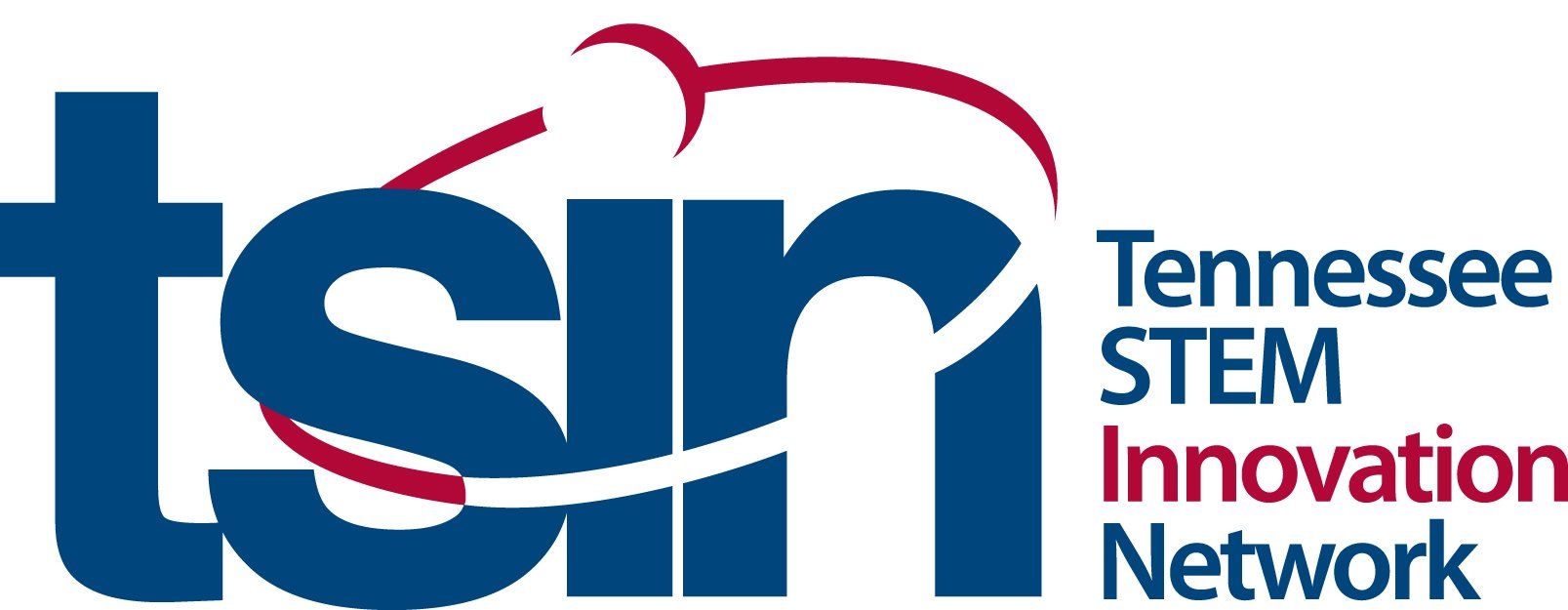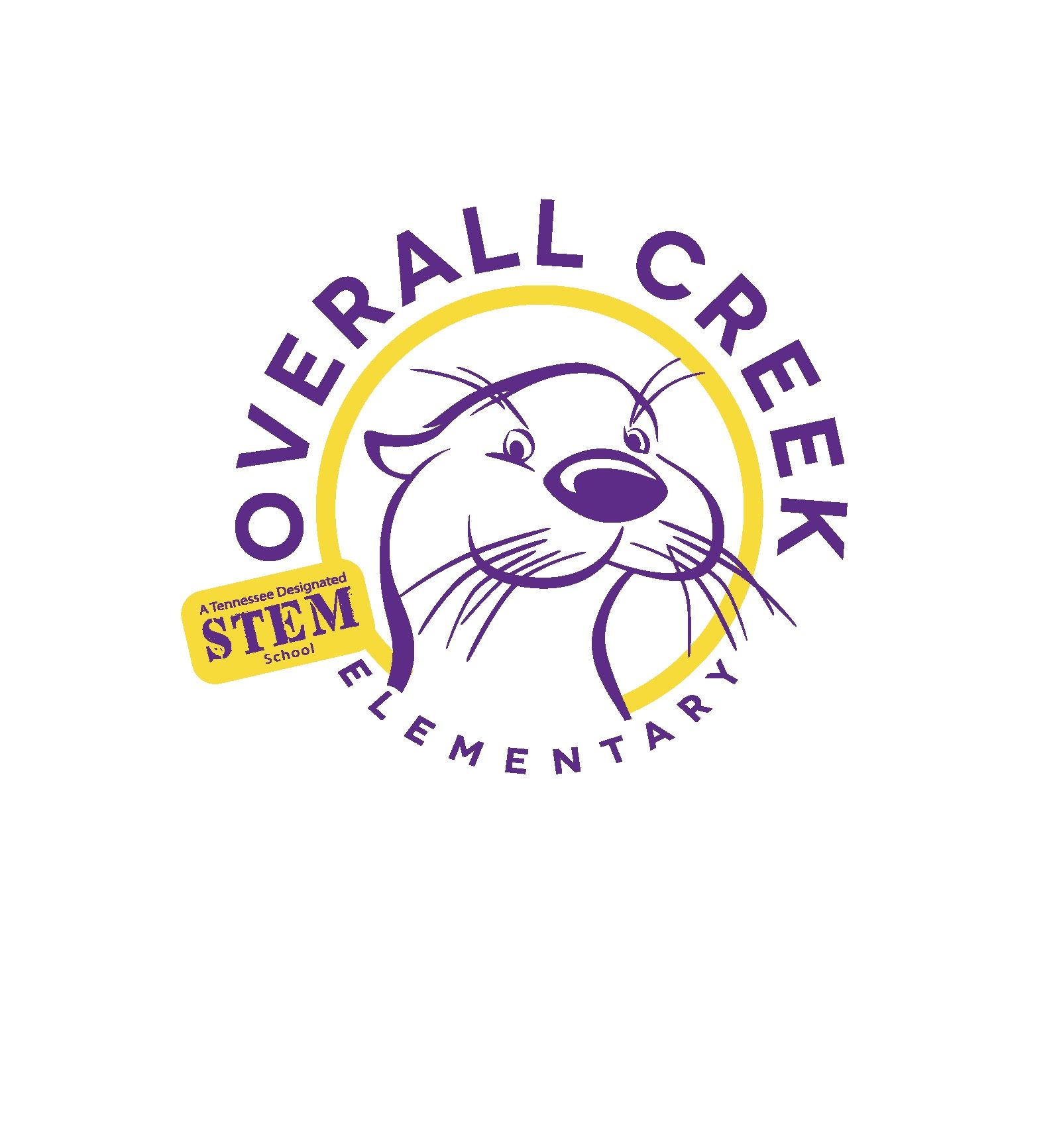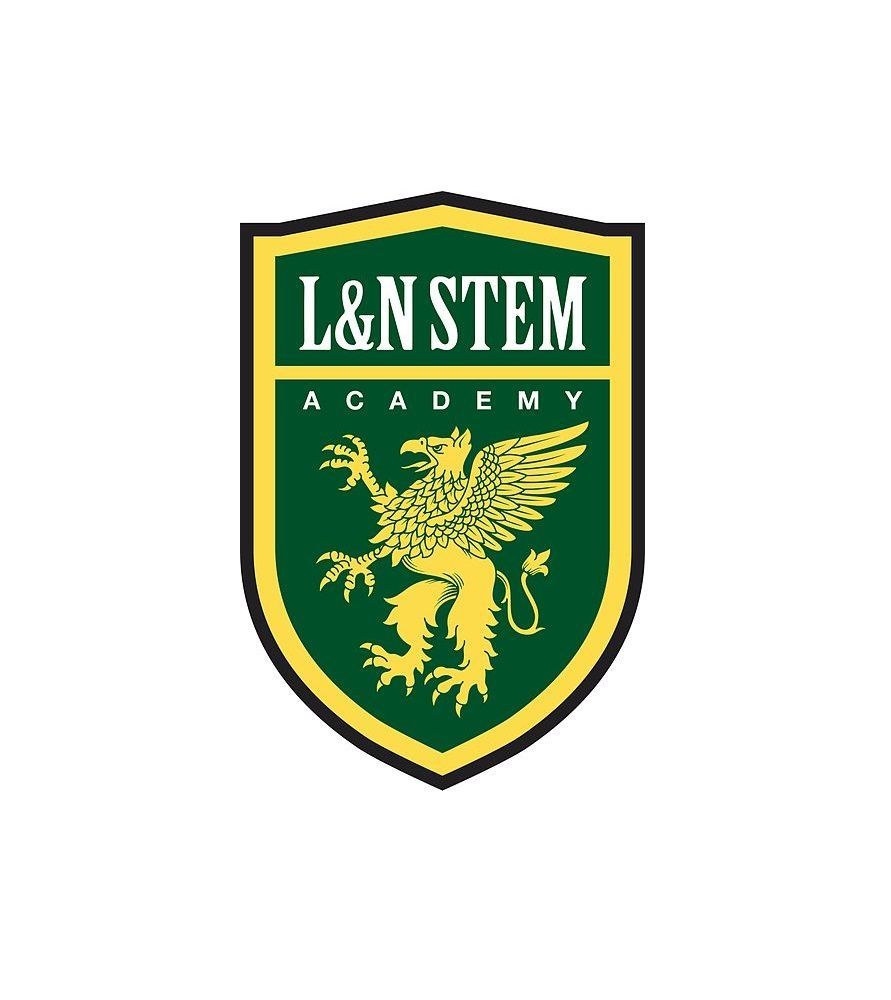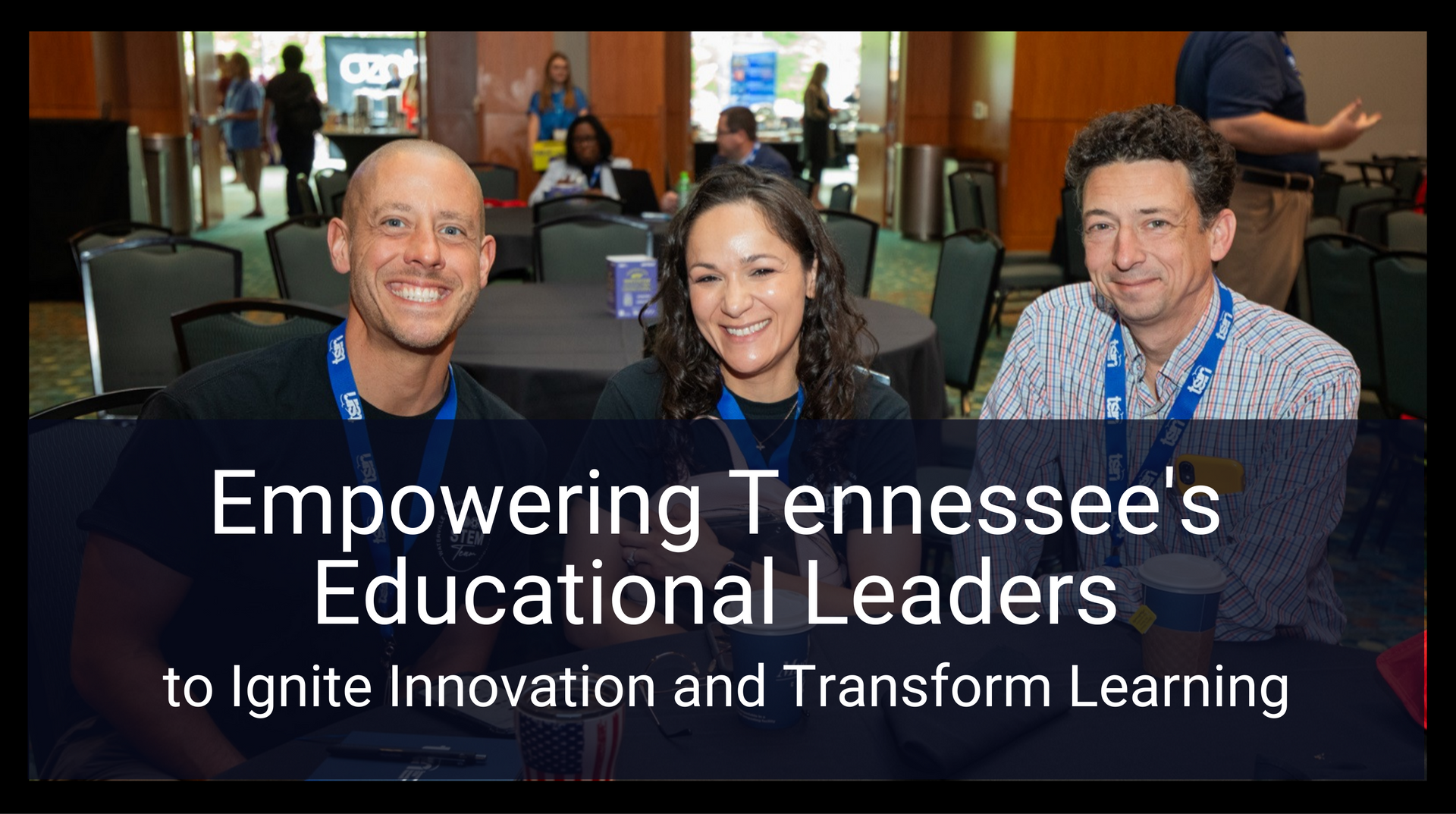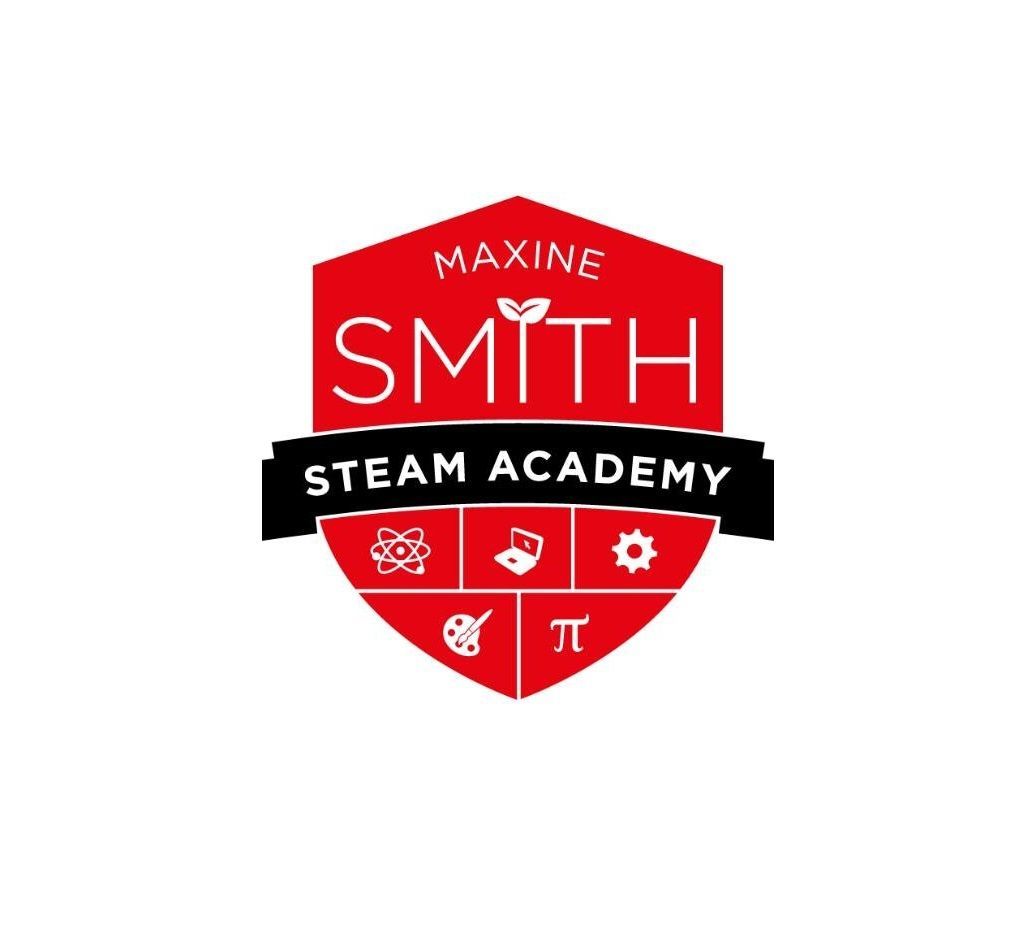Uniquely Union: Creating a STEM Identity through Agricultural Education
In May of 2018, the Tennessee Department of Education, in conjunction with the Tennessee STEM Innovation Network and the STEM Leadership Council, announced the first 15 Tennessee STEM Designated Schools. Over the next several months, TSIN will be highlighting each of these schools, the unique features that facilitate quality STEM teaching and learning, and advice […]Read more The post Uniquely Union: Creating a STEM Identity through Agricultural Education appeared first on Tennessee STEM Innovation Network.
In May of 2018, the Tennessee Department of Education, in conjunction with the Tennessee STEM Innovation Network and the STEM Leadership Council, announced the first 15 Tennessee STEM Designated Schools. Over the next several months, TSIN will be highlighting each of these schools, the unique features that facilitate quality STEM teaching and learning, and advice from school leaders to adopt and replicate best practices. Follow @ theTSIN on social media or sign up for our monthly newsletter to learn about each of these unique schools in the coming months.

Beloved educator David Collins says goodbye to Union Elementary students before his retirement this year
Sometimes all it takes is one educator with a unique passion to create a lasting legacy at a school. For Union Elementary in Gallatin, Tennessee, that educator is David Collins, a teacher of 45 years with a passion for responsible agriculture, sustainability, and the environment. Collins retired this year, but not before the beloved teacher was met with quite a send-off, winning the Lifechanger of the Year Spirit Award, complete with a student parade and the declaration of David Collins Day by the City of Gallatin. Perhaps, though, his enthusiasm for teaching the next generation of environmental scientists, farmers, and conservationists most remarkably lives on through the David Collins Agricultural Center at Union Elementary. Throughout his tenure, Collins’ stewarded the creation of the Center, complete with a rain garden, pollinator garden, nature exploration track, fully functioning greenhouse, chicken coops and rabbit habitats.
Through the David Collins Agricultural Center , Union Elementary students engage in critical STEM learning opportunities, including project-based learning, design challenges, career exploration and even a student-run agribusiness. Recently named a 2018 Tennessee STEM Designated school, Union Elementary’s STEM journey actually began nine years ago with a shift towards creating a unique identity in agricultural education, a “natural fit because of the community we are in” says Susan Rogers, Lead Educator at Union. “Agriculture is deeply rooted in the Gallatin community and as the movement towards STEM picked up steam statewide, we wanted to ensure that our students were engaging in STEM best practices but were also given some unique opportunities as we are a choice school. A lot of schools focus on robotics programs, which are very important and something that we do offer, but connections are strongest when students understand how they connect to their local context. For us, that local context is agriculture,” Rogers added.

Students from Union Elementary school are responsible for maintaining the David Collins Agricultural Center
Rogers acknowledges and embraces the role of community partners in the development and sustainability of the Collins Agricultural Center. One of the clear benefits of creating a STEM program unique to the local identity is that parents and local business readily contribute, through financial donations, acquiring of supplies, or volunteering time to engage with the students. “We have several parents here that run local nurseries who are always asking what we need, be it dirt, flowers, mulch,” said Rogers. The unique focus on agriculture also caught the attention of the City of Gallatin, who provided funding and support for the creation of the new rain garden. To provide further context for the students, Union also partners with local higher education institutions and encourages professors and college students to lead outdoor lessons with the students, particularly around conservation and sustainability. “We have particularly focused our attention this year on encouraging women in STEM fields to lead these lessons, with the goal of building girls’ identity in STEM. It means a lot to our students to see a confident professional woman sharing how they contribute to environmental conservation through their STEM career.”

Union Elementary’s focus on agriculture and sustainability is the result of adding small components to the center every year
Though Union has been building their robust agricultural education program for several years, Rogers offers valuable advice to other schools interested in starting a similar program. “No project is too small,” she says, “we’ve been adding small pieces every year through local grant opportunities and it has grown into the program it is today.” She also encourages student ownership of the process, by creating STEM clubs and opportunities that expose students to the design, development and maintenance of the outdoor centers. For example, this coming year, third graders will be responsible for checking the hen houses, collecting the eggs, and organizing the selling of these eggs to local partners and parents. This student ownership not only encourages student responsibility of their own environment, but also prompted greater student creativity. “Students have created their learning identity in STEM. They are so excited to be involved in the planning stages and to help us think about what we could be doing next. We may not have much downtime here, but the excitement is evident throughout the school.”
Interested in learning more about Tennessee STEM Designation process? Be sure to visit the Designation Page
on the TSIN website. The 2018-2019 STEM Designation Self-Assessment
, a great tool to assess readiness to apply, is available now.
The post Uniquely Union: Creating a STEM Identity through Agricultural Education appeared first on Tennessee STEM Innovation Network.
